On July 21, 1954, the Geneva Agreement was signed after 75 days of intense and complicated negotiations.
Along with the Dien Bien Phu victory, the Geneva Agreement completely ended the nearly 100-year colonial rule in our country, opening a new chapter in the cause of national liberation and national unification of our people.
That is to build socialism in the North, while carrying out the people's national democratic revolution in the South to fully realize the goal of national independence and national reunification.
Responding to the press on the occasion of the 70th anniversary of the signing of the Geneva Agreement, Foreign Minister Bui Thanh Son recalled President Ho Chi Minh's assessment that "The Geneva Conference has ended, our diplomacy has achieved great victory."
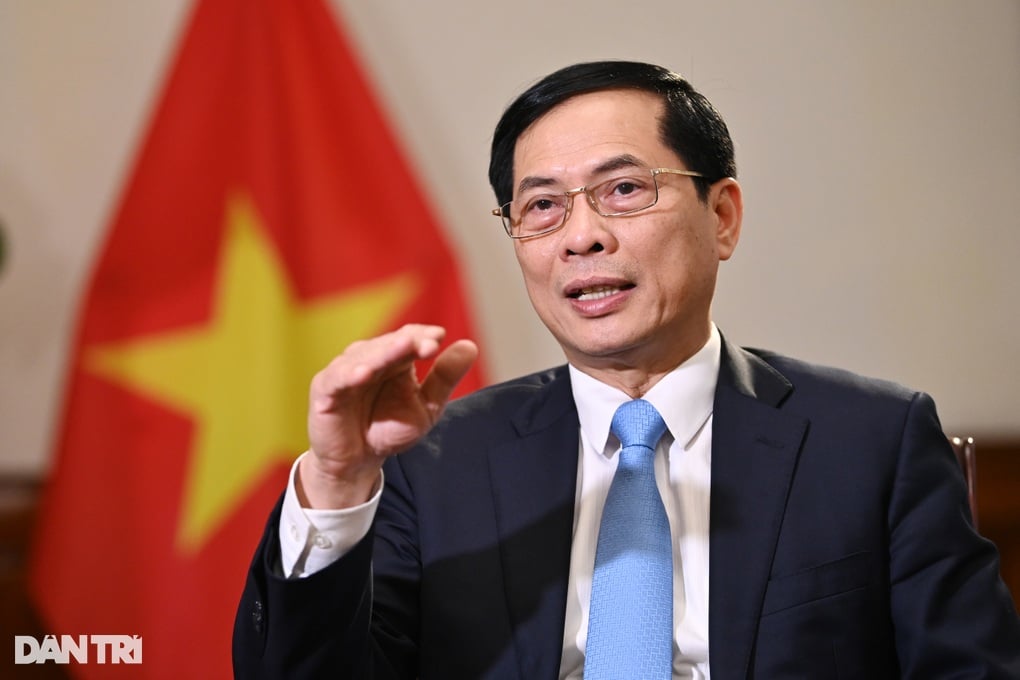
Minister of Foreign Affairs Bui Thanh Son (Photo: Manh Quan).
According to Mr. Son, this event marked the first time in our nation's history that Vietnam's basic national rights of independence, sovereignty , unity and territorial integrity were affirmed in an international treaty, recognized and respected by the countries participating in the Geneva Conference.
This is the result of the indomitable struggle of our people under the leadership of the Party throughout the long resistance war against colonialism, culminating in the Dien Bien Phu victory "famous throughout the five continents, shaking the earth".
"The signing of the Geneva Agreement is not only a historical milestone for our nation, but also has epochal significance. Because this is a common victory of the three Indochinese countries and peace-loving people around the world," said the Foreign Minister.
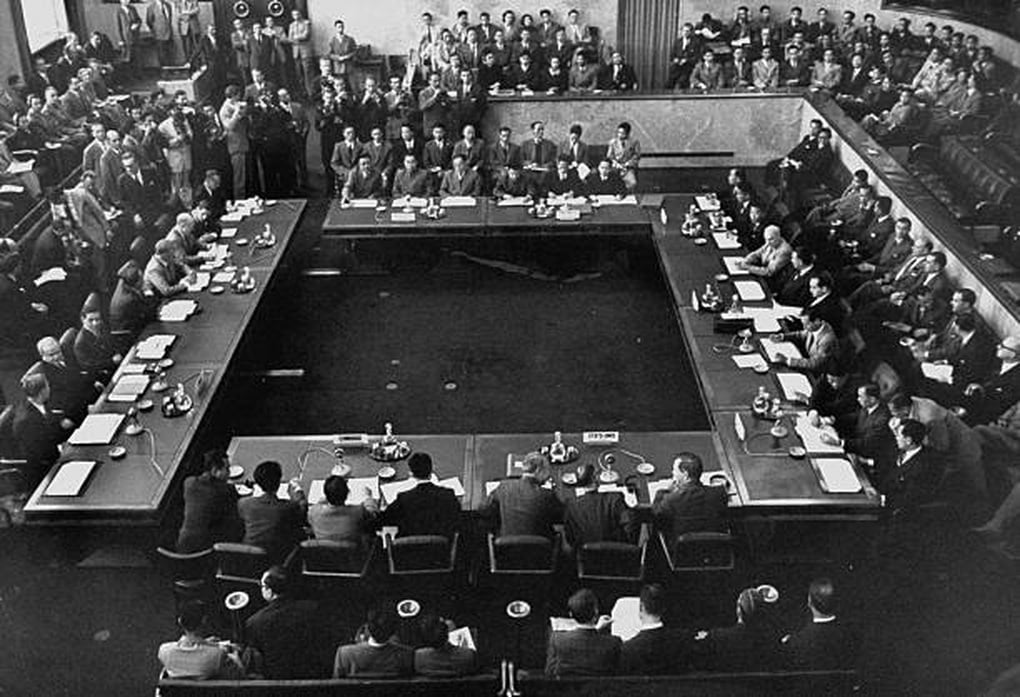
The Geneva Conference (Switzerland) opened on April 26, 1954, with the aim of discussing the restoration of peace in Indochina (Photo courtesy of the Ministry of Foreign Affairs).
According to Mr. Son, this agreement, together with the victory of Dien Bien Phu, strongly encouraged oppressed peoples to rise up and fight for national liberation, opening the period of collapse of colonialism worldwide.
For our country's diplomacy, the Geneva Agreement is the first multilateral international treaty that Vietnam participated in negotiating, signing and implementing.
The event not only affirmed Vietnam's position as an independent and sovereign nation in the international arena, but was also an important milestone in the development of Vietnam's revolutionary diplomacy, leaving many valuable lessons and training many outstanding diplomats in the Ho Chi Minh era.
Many lessons remain valuable
The leaders of the Ministry of Foreign Affairs affirmed that the process of negotiating, signing and implementing the Geneva Agreement is a valuable handbook on Vietnam's foreign policy and diplomacy, which has been inherited, creatively applied and developed by our Party in negotiating, signing and implementing the 1973 Paris Agreement later as well as in implementing foreign affairs work today.
Besides lessons on principles such as ensuring the Party's unified and absolute leadership, firmly maintaining independence and autonomy on the basis of national interests, the Geneva Agreement left many valuable lessons on diplomatic methods and art imbued with the identity of Vietnamese diplomacy in the Ho Chi Minh era.
First, the lesson of combining national strength with the strength of the times, national solidarity combined with international solidarity to create "an invincible strength".
"During the negotiation process of the Geneva Agreement, we constantly expanded international solidarity and sought the support of the people of the world for the just struggle of the Vietnamese people," Mr. Son emphasized.
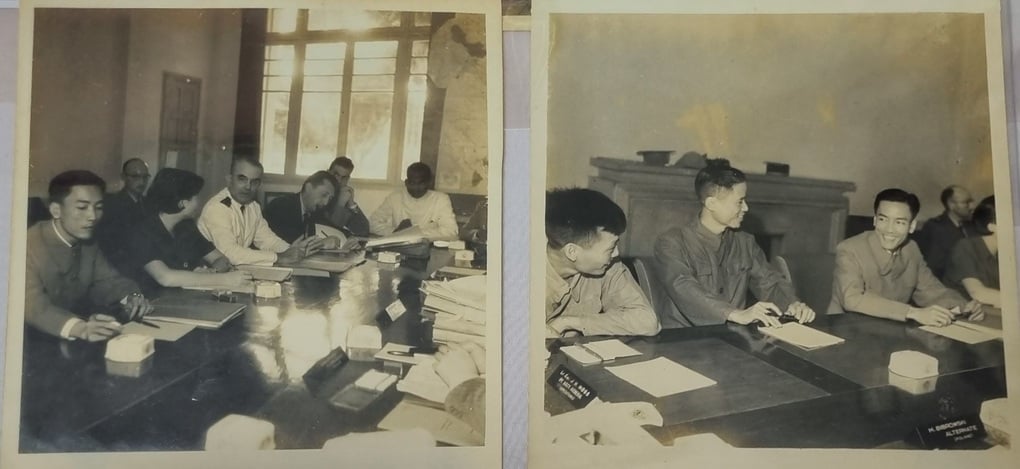
Colonel, Ambassador Ha Van Lau, Head of the Liaison Delegation to the International Commission for Supervision and Control of the Implementation of the Geneva Agreement, received and worked with delegations in Vietnam and abroad, 1954-1958 (Photo taken from documents of National Archives Center III).
Second, the lesson is to be steadfast in goals and principles, yet flexible and adaptable in strategies according to the motto "with the unchanging, adapt to all changes".
Accordingly, throughout the process of negotiating, signing and implementing the Geneva Agreement, we have always adhered to the principles of peace, national independence and territorial integrity, but have been mobile and flexible with strategies appropriate to the balance of power and the international and regional situation to achieve strategic goals.
Third, the lesson is to always attach importance to research, evaluation and forecasting the situation, to "know oneself", "know others", "know the times", "know the situation" in order to "know how to advance", "know how to retreat", "know how to be firm", "know how to be gentle".
Mr. Son assessed that this is a profound lesson that remains valuable in the context of today's complex and unpredictable world.
Fourth, the lesson of using dialogue and peaceful negotiations to resolve disagreements and conflicts in international relations. This is a lesson of the times, especially when many complex conflicts are taking place in the world as it is today.
According to Minister Bui Thanh Son, our people's just struggle for peace, national independence, unity and territorial integrity is in line with the trend of the times and the common aspirations of progressive people around the world.
Therefore, in the cause of national liberation and reunification in general, and in the negotiation, signing and implementation of the Geneva Agreement in particular, we have always received great and valuable support, both material and spiritual, from international friends, first of all from Laos, Cambodia, socialist countries and peace-loving people around the world.
In the process of innovation and implementing the Party's correct foreign policy, Vietnam continues to receive valuable support and cooperation from the international community on the basis of equality and mutually beneficial cooperation.
"Our Party, State and people always appreciate and forever remember the support and assistance of international friends, and within our capacity, always support and actively and responsibly contribute to the common efforts of the international community for peace, independence, democracy and progress in the world," affirmed Foreign Minister Bui Thanh Son.
Source




![[Photo] National Assembly Chairman Tran Thanh Man meets with Thai Prime Minister Paetongtarn Shinawatra](https://vphoto.vietnam.vn/thumb/1200x675/vietnam/resource/IMAGE/2025/5/15/e71160b1572a457395f2816d84a18b45)


![[Photo] Prime Ministers of Vietnam and Thailand visit the Exhibition of traditional handicraft products](https://vphoto.vietnam.vn/thumb/1200x675/vietnam/resource/IMAGE/2025/5/15/6cfcd1c23b3e4a238b7fcf93c91a65dd)
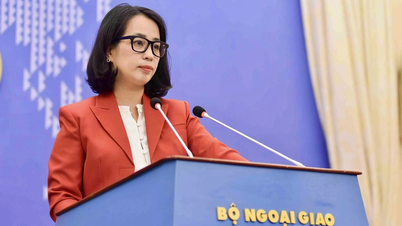









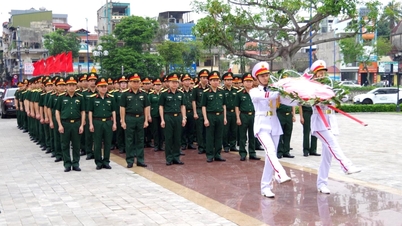


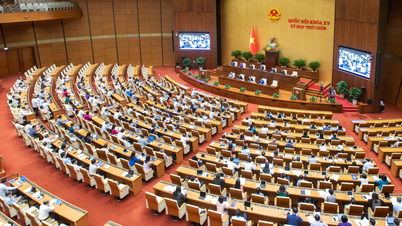
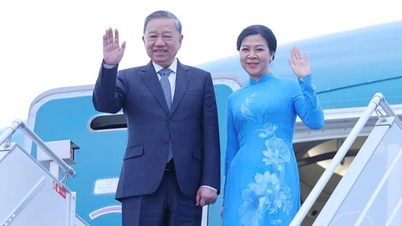


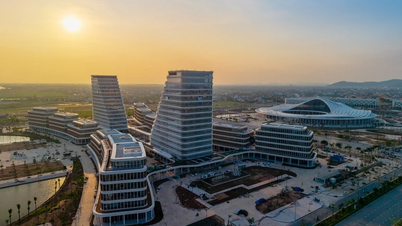







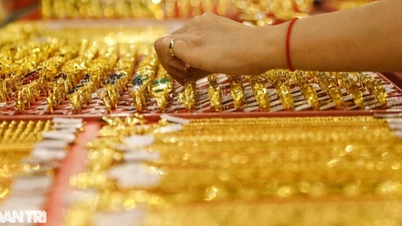

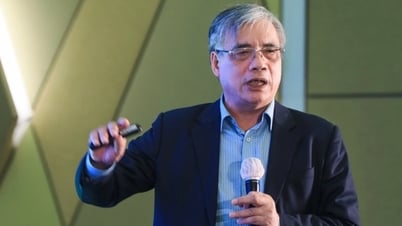






























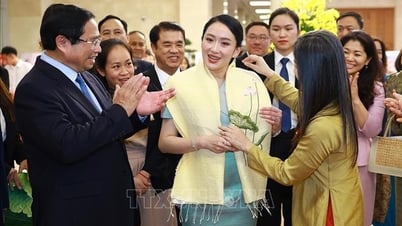
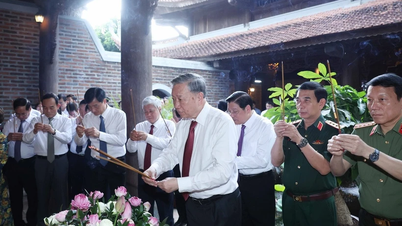




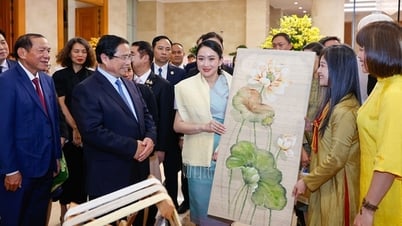


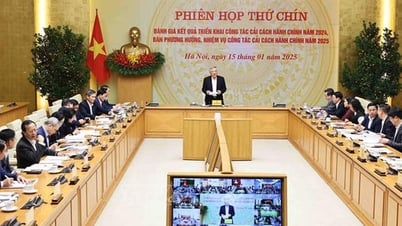
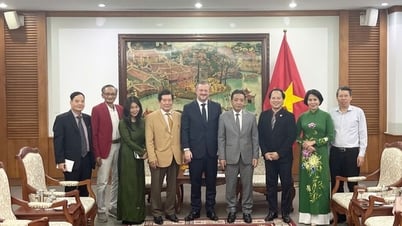
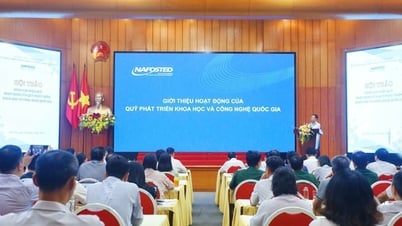

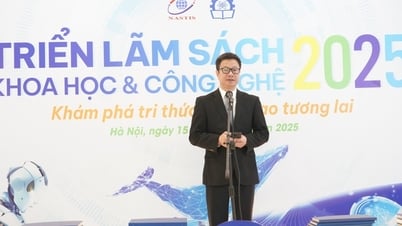



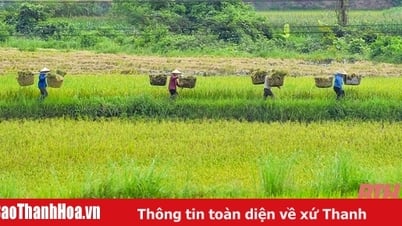

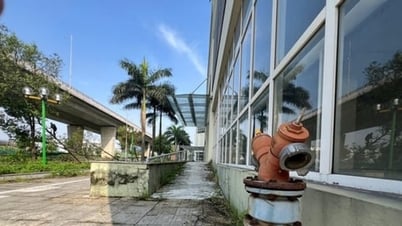
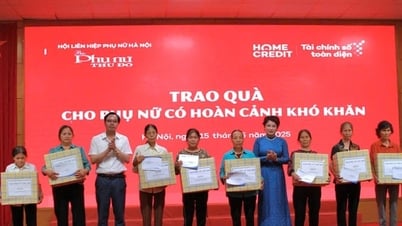



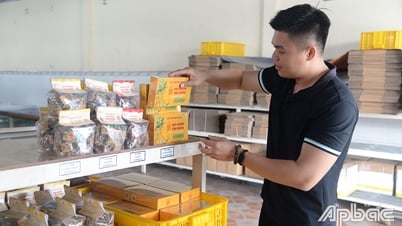






Comment (0)